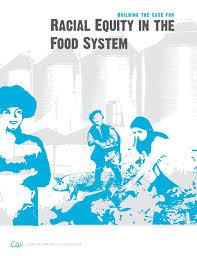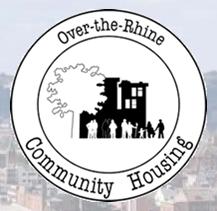Thai CDC was established in 1994 to provide culturally and linguistically appropriate social and human services for economically disadvantaged Thai immigrants. Today, the CDC aims to create a thriving community by creating businesses and jobs, developing decent and affordable housing, and revitalizing public space. Its achievements include the development of 106 housing units for low-income people and a $1.3 million streetscape project in “Thai Town,” a designation that the CDC helped win for a depressed, neglected section of East Hollywood as a way to promote neighborhood pride, economic development, cultural exchanges, and tourism. The CDC is currently working to develop Thai Town Marketplace, a social enterprise business incubator that aims to create living-wage jobs and economic self-sufficiency for ethnic entrepreneurs in the East Hollywood area. The project is expected to provide 19 business start-up opportunities and create at least 38 permanent jobs.


